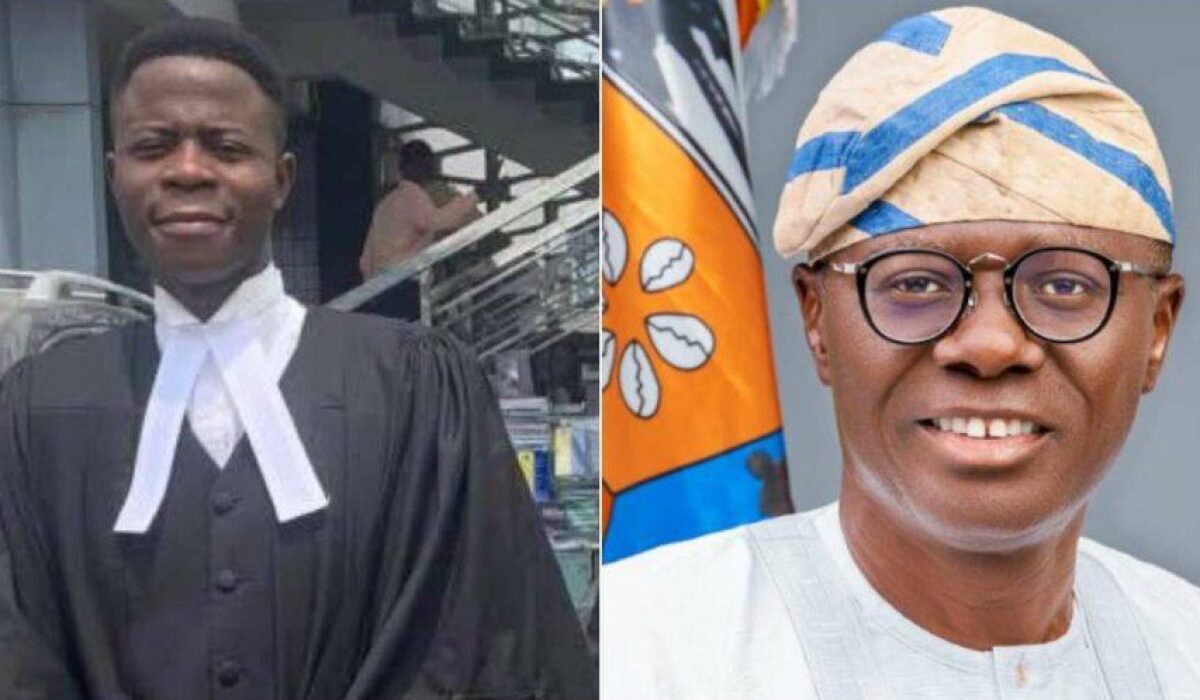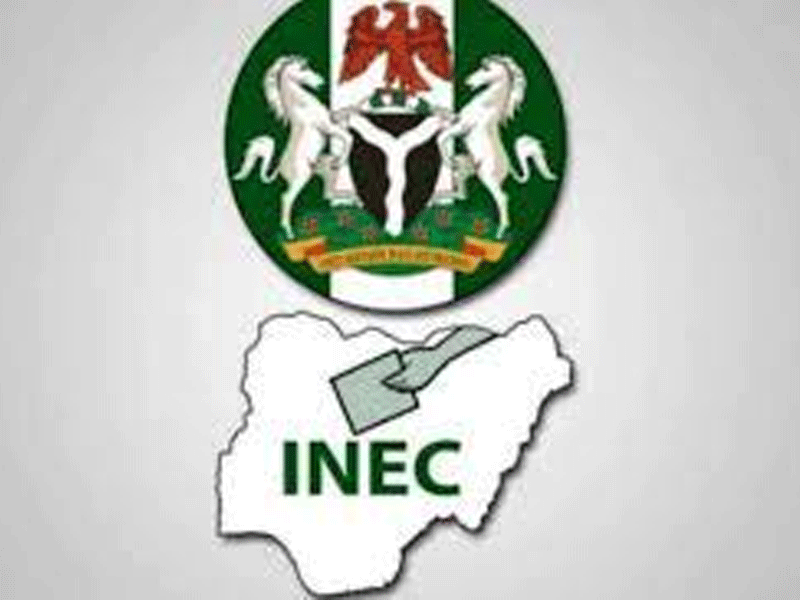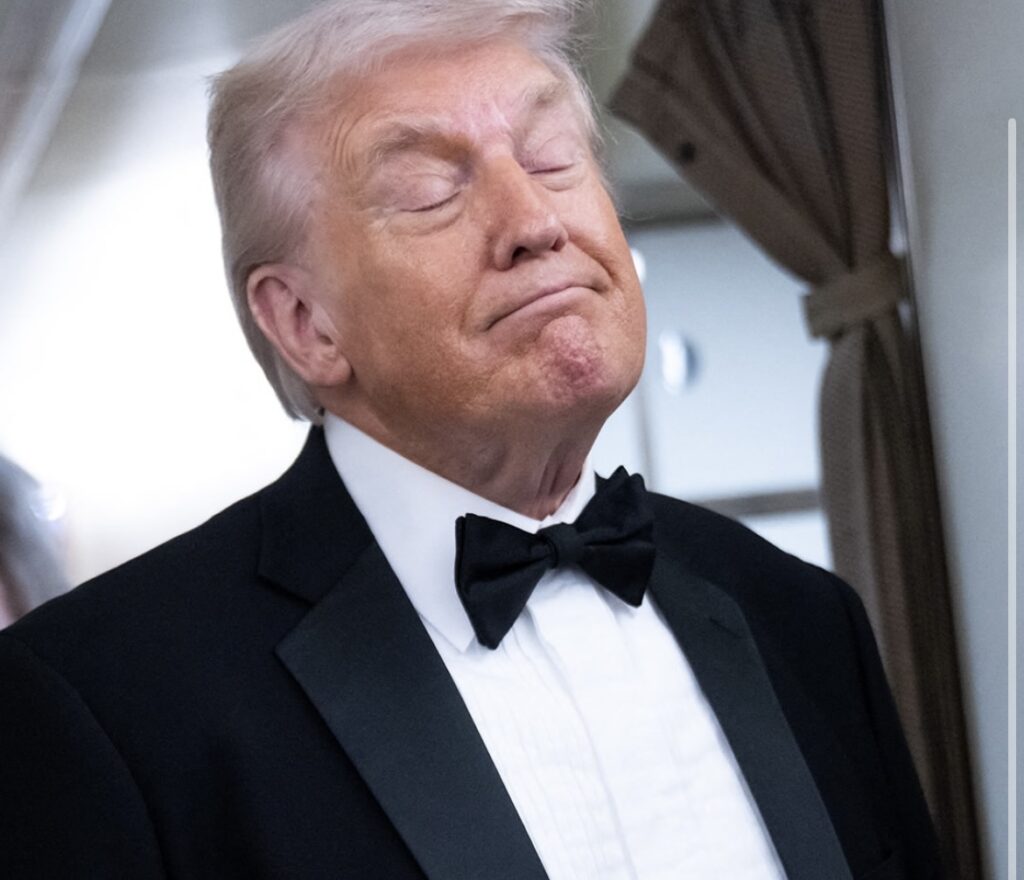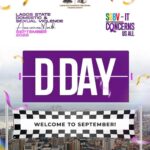I Sued Sanwo-Olu to Enforce My Rights, Not for Compensation, Claims Lawyer

A Lagos-based human rights lawyer, Festus Ogun, has clarified that his lawsuit against Governor Babajide Sanwo-Olu over being blocked on the social media platform X (formerly Twitter) is not aimed at financial gain but at protecting his fundamental rights.
Speaking during a live interview on Channels Television’s Morning Brief on Monday, Ogun said he approached the Federal High Court in Lagos to enforce his constitutional right to freedom of expression and access to information, which he claims was breached when the governor blocked him.
“I did not go to court for damages. I am not a gold digger. I went to court to enforce my rights,” he told Channels TV. “The governor’s account is used to disseminate public information, and when he blocks citizens like me, it denies us access to vital updates and engagement.”
Ogun explained that he was blocked in 2021 after he persistently criticised the Lagos State Government’s handling of the October 2020 #EndSARS protest killings at the Lekki Toll Plaza. He argued that such action sets a dangerous precedent for digital rights in Nigeria.
In his suit, marked FHC/L/CS/1739/25, Ogun is asking the court to declare the governor’s action as unconstitutional, arbitrary and discriminatory. He also seeks an order directing Sanwo-Olu to unblock him, publish a public apology on his verified X account, and refrain from blocking any other citizen from his official social media handles.
The lawyer maintained that his case is one of public interest. “If the governor can block me today, he can block anybody tomorrow. This case is about setting a precedent to protect digital rights and strengthen our democracy,” he told Channels TV.
He further stressed that he is not motivated by monetary relief. “All I want is for my rights to be respected. Compensation is secondary. The real victory is ensuring that no government official uses power to silence or exclude citizens from governance conversations,” he said.
The suit, which has drawn comparisons with a 2019 U.S. case where former President Donald Trump was faulted for blocking critics on Twitter, is expected to test the limits of free expression and digital rights under Nigeria’s Constitution.









